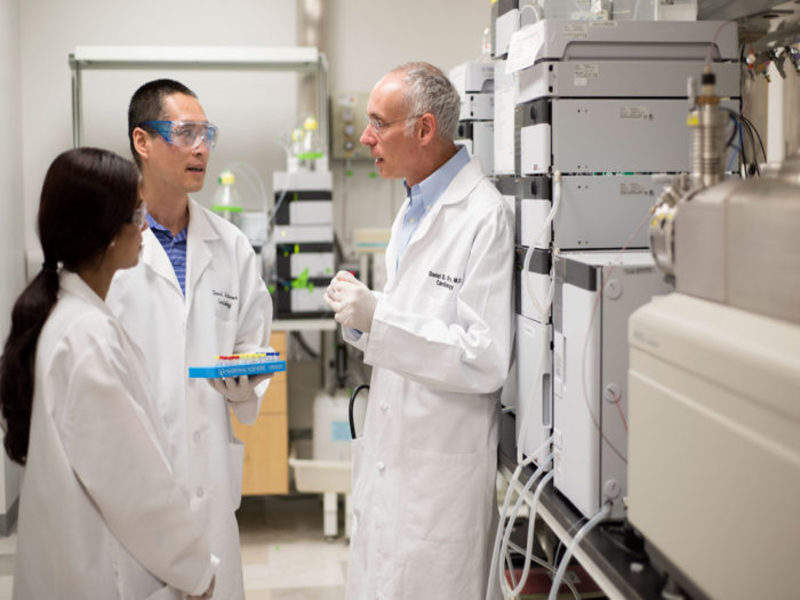

A new clinical trial conducted by Washington University School of Medicine in St Louis and the National Institutes of Health (NIH) in the US has shown that a drug called cyclodextrin slows progression of Niemann-Pick type C (NPC) disease.

Discover B2B Marketing That Performs
Combine business intelligence and editorial excellence to reach engaged professionals across 36 leading media platforms.
NPC is a neurodegenerative condition that causes a cholesterol build up in neurons and results in the gradual loss of brain function, while cyclodextrin is a type of sugar molecule that is believed to act by releasing the trapped cholesterol.
The researchers carried out a combined Phase I/II clinical trial in 14 subjects aged between four and 23 years with neurological symptoms.
Subjects were injected with cyclodextrin into the spinal column once a month for 12-18 months and an additional three patients were administered every two weeks for 18 months.
The results from the trial were compared with historical data obtained from previous NPC patients.

US Tariffs are shifting - will you react or anticipate?
Don’t let policy changes catch you off guard. Stay proactive with real-time data and expert analysis.
By GlobalDataWashington University School of Medicine in St Louis Cardiology professor Daniel Ory said: “In a neurodegenerative disease, therapies can’t recover neurons that have died.
“But if some brain cells are dysfunctional rather than dead, it seems this drug can recover some of that function.”
During the trial, disease progression was measured using the NPC Neurological Severity Score system to monitor eye movement, gait, speech, swallowing, fine motor skills, cognition, hearing, memory, and presence and seizures severity.
Compared to the historical data, improvements with cyclodextrin were observed in gait, cognition and speech.
While 50% of the 14 patients experienced improvements in one or two categories, the remaining patients’ scores were unchanged or worsened, which was found to be less compared to historical group.
A major adverse effect observed during the trial was hearing loss, which is a symptom of NPC, and patients are reported to have used hearing aids to maintain quality of life.
Based on these results, a larger, randomised and controlled Phase III trial is being conducted to assess cyclodextrin for NPC.
Image: Daniel Ory (right) speaks with staff scientist Rohini Sidhu (far left) and assistant professor of medicine Xuntian Jiang. Photo: courtesy of Washington University in St Louis.





